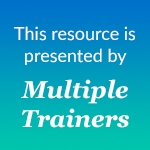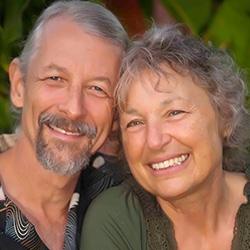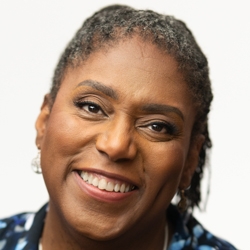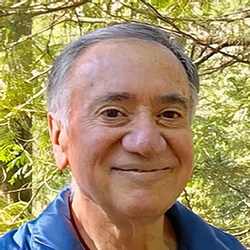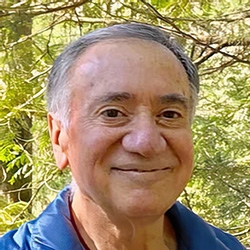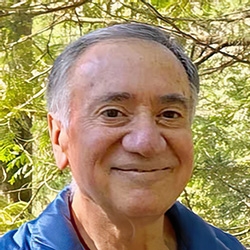

Search Results: awareness
-
Join CNVC Certified Trainer and Certified Focusing Teacher Shulamit Berlevtov in this brief exercise called the Wheel of Awareness. This exercise will help you become aware of how to distinguish and differentiate your life experience.
-
Gregg Kendrick and Marie Miyashiro share the importance of nonviolent communication and needs awareness at multiple levels of organizational structure —individual, interpersonal, and organizational.
-
In this intriguing audio, Jim and Jori Manske create a framework for growing your feeling awareness, and offer daily practices for working with your feelings. Listen to this audio if you’d like to expand your emotional vocabulary!
-
John Kinyon teaches mindfulness and how to translate thoughts into clear observations.
-
Open your heart across differences with humility and courage as you explore new perspectives.
-
-
-
-
Exploring how NVC can support healing and connection in places deeply affected by violence.
-
With abundant evidence that most people have unconscious biases against people --even when that bias runs counter to their own values-- there's a strong chance you recreate this disconnect with people far more often than you recognize. So even with a high degree of NVC skills you may behave in a way that seems "NVC" but also reproduces the painful patterns that marginalized people all-too-often experience. Read on for ways to transform pitfalls of NVC into more reliable connection.
-
For many people, attempting to connect with others across differences can feel akin to walking through a minefield. In this course recording Roxy explores a variety of concepts and practices that can help you navigate situations that might be confusing, challenging, or even shocking. And she'll be delving into key differentiations, such as equity and equality. This recording will offer a renewed sense of clarity around a number of theories that may help explain specifically why the areas of power, advantage, and rank tend to be so difficult to work with.
-
Join Jim Manske as he leads you through a self-connection exercise to guide you toward welcoming whatever enters into your awareness.
-
We can shift from being absorbed and identified with our inner chatter and feelings to being the space of awareness of these things. Observe your breath. Then observe your mind generating thoughts. Next, feel sensations of your body, particularly the difficult ones. Now, connect with the underlying energy of needs. Ask your unconscious mind for universal needs words related to what you now notice, think and feel.
-
Use this exercise to identify what state you're in at any moment, and as an exercise to grow capacity for self-awareness and self-compassion. Identify what happened, thoughts, sensations, feelings, longings, etc. Includes a table that outlines three states of being: Protective/Defensive, Vulnerability, Essence.
-
John introduces his Self-Connection Exercise as a mindful way of coming to awareness via OFNR. Breath: immediately observable, a reminder to observe. Body: feeling the body, awareness of sensations. Needs: an experience of wholeness that expands awareness of the totality of experience. Listen.
-
Here's a practice for cultivating more awareness of our thinking and choices, when our feelings and thoughts become stimulated.
-
Transform your life by aligning actions with values through NVC and somatic tools.
-
Explore compassion-based self-discovery through presence, aliveness and connection.
-
Robert's passion was in the spirituality of the Nonviolent Communication (NVC) process. He saw NVC both as a process that helps people connect more authentically with themselves and others, and as a spiritual practice and way of living. The worldwide NVC community mourned when Robert died in 2021. He left behind a legacy of work that emerged from a lifetime of inquiry into the intersection between spirituality and human communication.
-
Effective and connected dialogue requires significant self-awareness, mindfulness, and skill. You can focus on any of these six areas that most often escape your awareness: anchoring and staying grounded; boundaries; thoughts and beliefs; stuckness or attachment; feelings and needs; and requests. Read on for a list of questions to help you focus on how to do that.
Quick Links

Stay in Touch!
We value your privacy, won't share your email address and you can easily unsubscribe any time.

